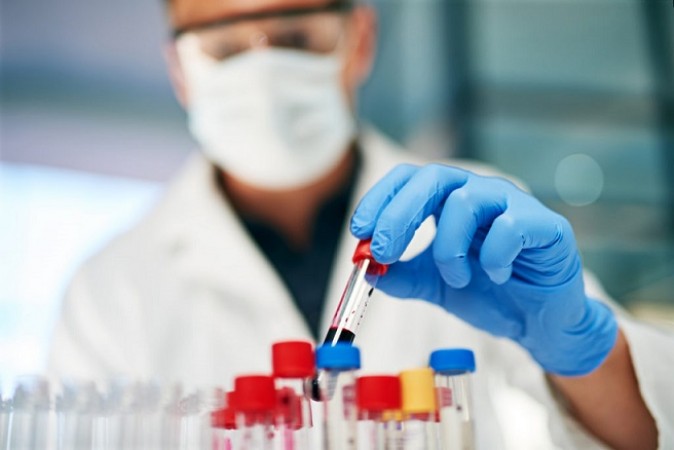
A research report published in the journal sheds gives a spotlight on the explanation for the lack of blood oxygenation identified in many COVID-19 patients. Researchers explored that the mysterious physiopathological characteristics of COVID-19 that has most baffled the scientific and medical community is what is known as 'silent hypoxemia' or 'happy hypoxia'.
Patients suffering this phenomenon, the causes of which are still unidentified, have severe pneumonia with markedly decreased arterial blood oxygen levels which is known as hypoxemia. They do not report subjective feelings of shortness of breath or increased breathing rates, which are usually characteristic symptoms of people with hypoxemia from pneumonia or any other cause.
A group of researchers from the Seville Institute of Biomedicine - IBiS/University Hospitals Virgen del Rocio y Macarena/CSIC/the University of Seville, led by Dr Javier Villadiego, Dr Juan Jose Toledo-Aral and Dr Jose Lopez-Barneo, specialists in the physio-pathological study of the carotid body, have suggested in the journal Function, that "silent hypoxemia" in COVID-19 cases could be caused by this organ being infected by the coronavirus (SARS-CoV-2).
In patients with COVID-19, the coronavirus circulates in the blood. Therefore, researchers suggest that infection of the human carotid body by SARS-CoV-2 in the early stages of the disease could alter its ability to detect blood-oxygen levels, resulting in an inability to "notice" the drop in oxygen in the arteries.
US surpasses 20 million coronavirus cases
Crowds gather on streets in China's pandemic-hit Wuhan to celebrate the New Year
EPL plans not to pause season amid rise in coronavirus case